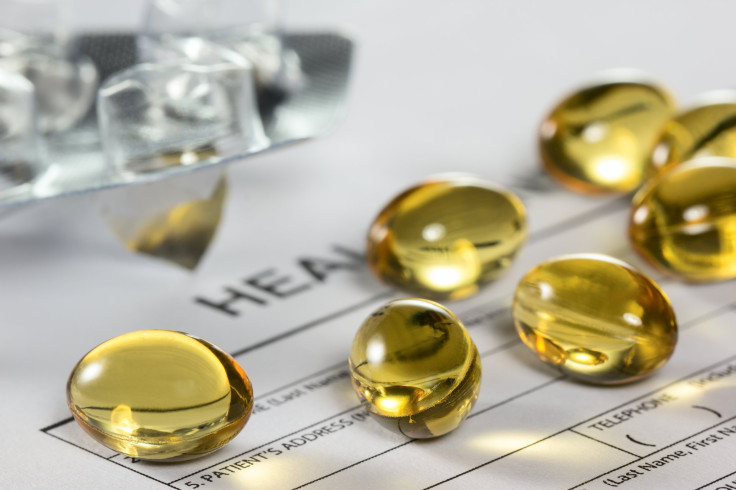Obese Teens May Not Reap Vitamin D Benefits: When Supplements Hurt More Than Help

Obese teenagers may face a bizarre side effect from seemingly safe vitamin D supplementation. Research conducted at the Mayo Clinic has found vitamin D does nothing for obese teens’ heart health and diabetes risk, and may even lead to an increase in cholesterol.
“I have been surprised that we haven't found more health benefit," said the study’s lead author Dr. Seema Kumar, a pediatric endocrinologist at the Mayo Clinic Children’s Center, in a press release. "We’re not saying it’s bad to take vitamin D supplements at reasonable doses, and we know most obese teens are vitamin D deficient. We’re just saying the jury is still out on how useful it is for improving overall health in adolescents.”
Kumar and her team have ample experience with vitamin D supplements, having studied its effects for 10 years, in four clinical trials and six studies. With the team’s latest study, results suggest obese teens reap limited benefits from supplementation. After three months of being fed vitamin D at dosages that would boost them into a normal range, the teenage participants showed no changed in body weight, body mass index (BMI), waistline, blood pressure, or blood flow.
Normally, vitamin D helps the body absorb calcium, a main building block for bones, thus helping to maintain strong bone health, according to the National Institutes of Health Office of Dietary Supplements. But the benefits don’t stop there. Vitamin D has also been shown to improve heart health, lower cholesterol, and even help muscles move by facilitating communication between nerve cells from the brain to various parts of the body. The Food and Nutrition Board recommends both children and teenagers between the ages of 1 and 18 years old, take a daily dose of 600 IU (international units).
However, obese teens who took vitamin D at recommended levels were somehow unable to benefit, and instead experienced an increase in cholesterol and triglyceride levels. Triglycerides are a type of fat (lipid) found in blood, according to the Mayo Clinic. When the body doesn’t convert calories into fuel right after eating, they float around in the blood as lipids, which make the a bulk of a teen’s body fat tissue.
There is a relationship between cholesterol and vitamin D, which the researchers said they’d look into more closely. Cholesterol is a fat-like, waxy substance found throughout the body. It aids in some hormonal activity and the production of cell membranes. It’s also involved in the production of vitamin D as a precursor to it; without some level of cholesterol, the body wouldn’t be able to produce substantial amounts of vitamin D.
More than 20 percent of adolescents between the ages of 12 and 19 are obese, making childhood obesity a “serious problem” in the United States, according to the Centers for Disease Control and Prevention. Because obese teens may be unable to receive vitamin D’s benefits, they could be at risk of developing osteoporosis. The body needs the vitamin, and without it, calcium will not be processed properly. Even more worrisome is the effect it has on obese teens’ cholesterol and triglyceride levels. Only a more in-depth examination of vitamin D’s relationship with cholesterol and obesity can shine light onto the mysterious physiological effects it has on teenagers.
Source: Kumar S. Effect of Vitamin D3 Treatment on Endothelial Function in Obese Adolescents. Pediatric Obesity. 2015.
Holick MF, Wortsman J, Matsuoka LY, Chen TC, and Lu Z. Decreased bioavailability of vitamin D in obesity. The American Journal of Clinical Nutrition. 2015.



























